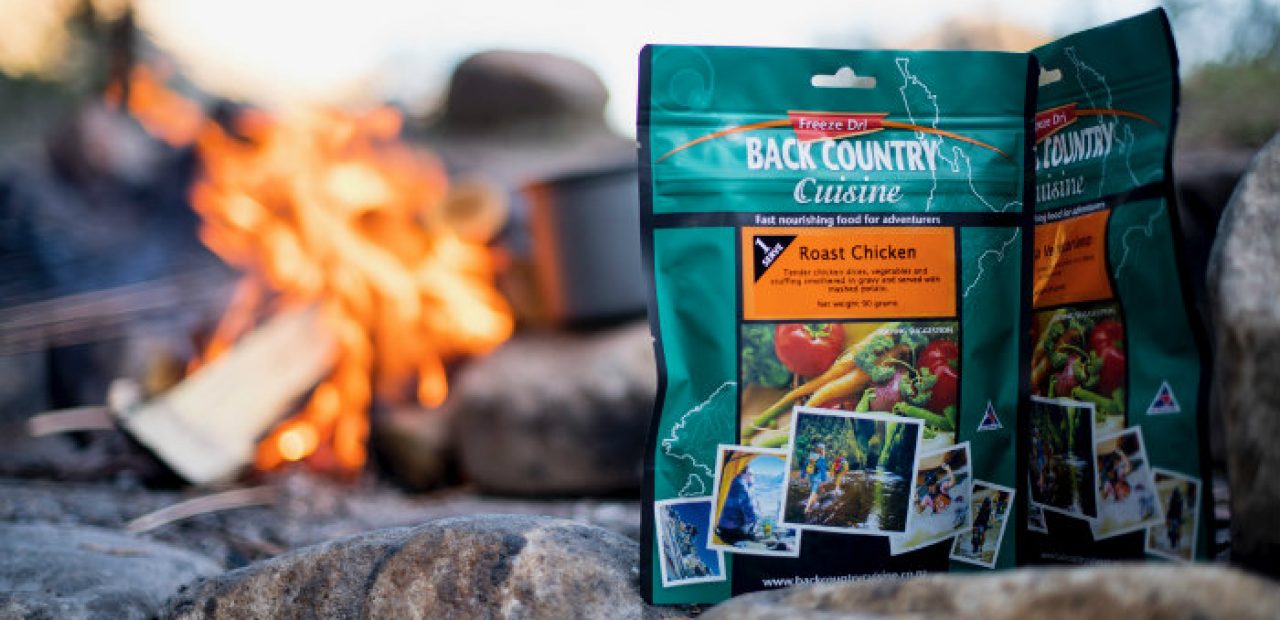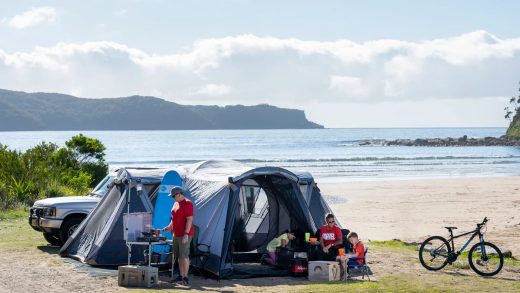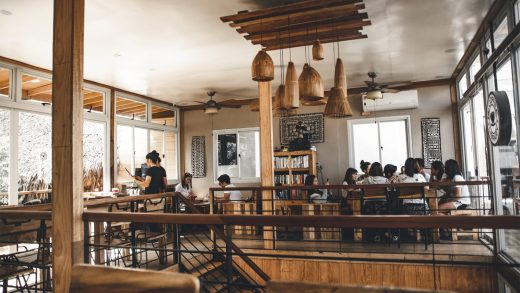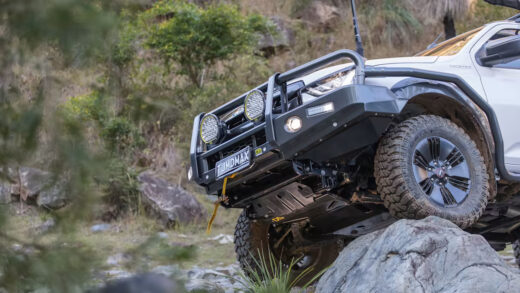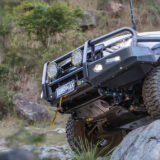Back Country Meal Planning: Tips on How to Plan and Pack
If you’re preparing for a trip across the backcountry, meal planning is one of the most important parts you should not forget about. The food you bring will depend on your taste preferences, caloric density, nutritional value, and how easy it is to prepare. Some people opt for dehydrated meals, as they’re easy and quick to prepare, while others prepare their own DIY recipes and use a food dehydrator to make snacks for the trip. Personally, I like to mix a little bit of both, my own recipes and dehydrated back country meals for the ultimate convenience. The meals you bring with you will depend on how long your trip is, and how many people you’re looking to feed.
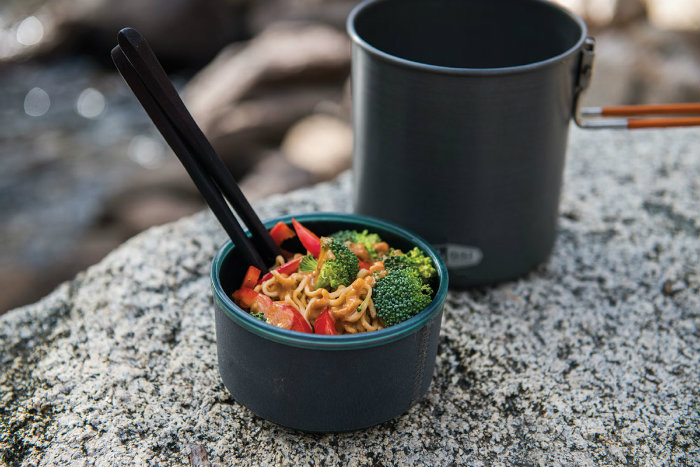
Source: backpacker
Here are some tips that can help you plan and pack meals for your next trip.
- Repackage Your Food – Unless you’re buying ready back country meals, always look to repackage your food in ziplock bags in order to reduce bulk and reseal containers. If you can’t close a package securely, it will probably explode in your pack or car and make a huge mess.
- Bring Spice and Condiments – Having too much of the same food for a whole week can get old quickly. Get small packets of salt and pepper, hot sauce, mayo, olive oil, mustard, etc. to spice things up.
- Bring Some Fresh Foods – I love bringing a few pieces of fresh fruit, whether it’s oranges, apples or bananas. While fresh fruits don’t have the best calorie-per-ounce ratio, they’re a great snack in the backcountry and provide decent nutritional value. Snap peas and carrots are also a nice healthy treat which can last a few days if temperatures aren’t too hot.
- Avoid Canned Food – I always try to avoid canned foods, simply because they’re bulky, heavy and don’t have enough calories.
- Hot Drinks – Soups and warm beverages are a nice treat, especially if you’re on a mountainous trip where it’s more difficult to stay hydrated and warm. I like to sip on cider, tea and hot cocoa around camp when the temperature drops.
- Alcohol – Drinking alcohol before you go to bed is usually not the best of ideas, as it can disrupt your sleep cycle and have you waking up at night to use the restroom. However, some wine and whiskey are always nice to have, especially on shorter trips with friends. I carry mine in a lightweight, trusty flask.
Now that you have an idea of how and what to pack, here are some other important considerations.
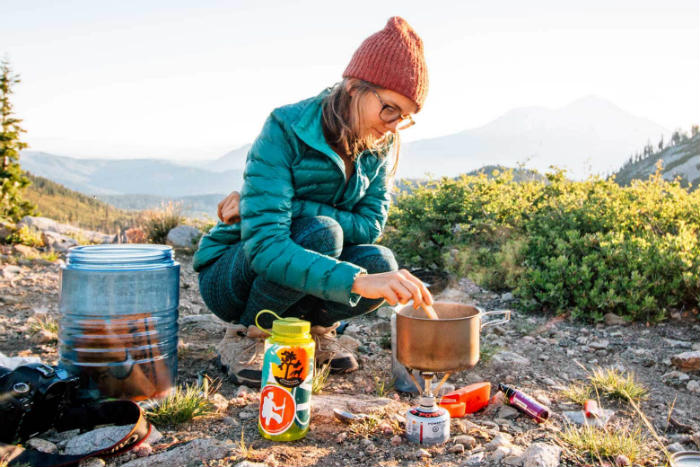
Source: Pinterest
- Don’t Leave Any Traces – We all love nature. It’s why we’re out there and why you’re reading all of this. So please always pick up and pack your trash and any food you don’t eat. Pick up all of the orange rinds, coffee grounds and apple cores and always scan your campsite and lunch spots before continuing with your adventure.
- Proper Food Storage – This is very important for protecting wildlife. Always store your food properly, else you might have a kangaroo run up to you looking to pick a fight.
- Calorie Intake – You’re going to burn a lot of calories on the trail, so it’s important to pack food with enough nutrients to give you the energy you need to go through the day. The number of calories you need will depend on your weight, age and activity level
- Weight – Bringing too much food is one of the biggest mistakes beginners make, which is totally understandable – nobody wants to go hungry in the middle of nowhere. However, carrying a lot of unnecessary weight can tire you out and dampen your spirits.
- Food Volume – Some foods take up more physical space than others, which isn’t a big deal on short trips, but can make a huge difference on a long journey.
- Nutrition – Proper nutrition is more important when you’re hiking or camping than it is at home. You want a balance of protein, fat and carbs, and to get as much fibre, vegetables and fruits into your diet as much as possible. Eating healthy on the trail can be difficult because processed foods are usually more convenient, but you can strike a good balance if you try.
- Caloric Density – It’s important to pack foods that are calorically dense in order to keep your pack weight down. High-fat foods like peanut butter, olive oil and nuts are dense in calories, whereas fresh veggies and fruit aren’t.
- Fuel – Most back country meals need to be cooked on a stove. Plan out how many times you’ll need to cook, and don’t forget to take tea and coffee into account, in order to calculate how much fuel you’ll need to bring. Fuel usage rates will depend on the stove model, elevation, temperature, pot size, so getting it right can take a few tries of trial and error. For an average 5 day, 2 person trip, I usually boil water about 10 times, once for the morning coffee and once for dinner, and a small 100g fuel canister is typically enough.

